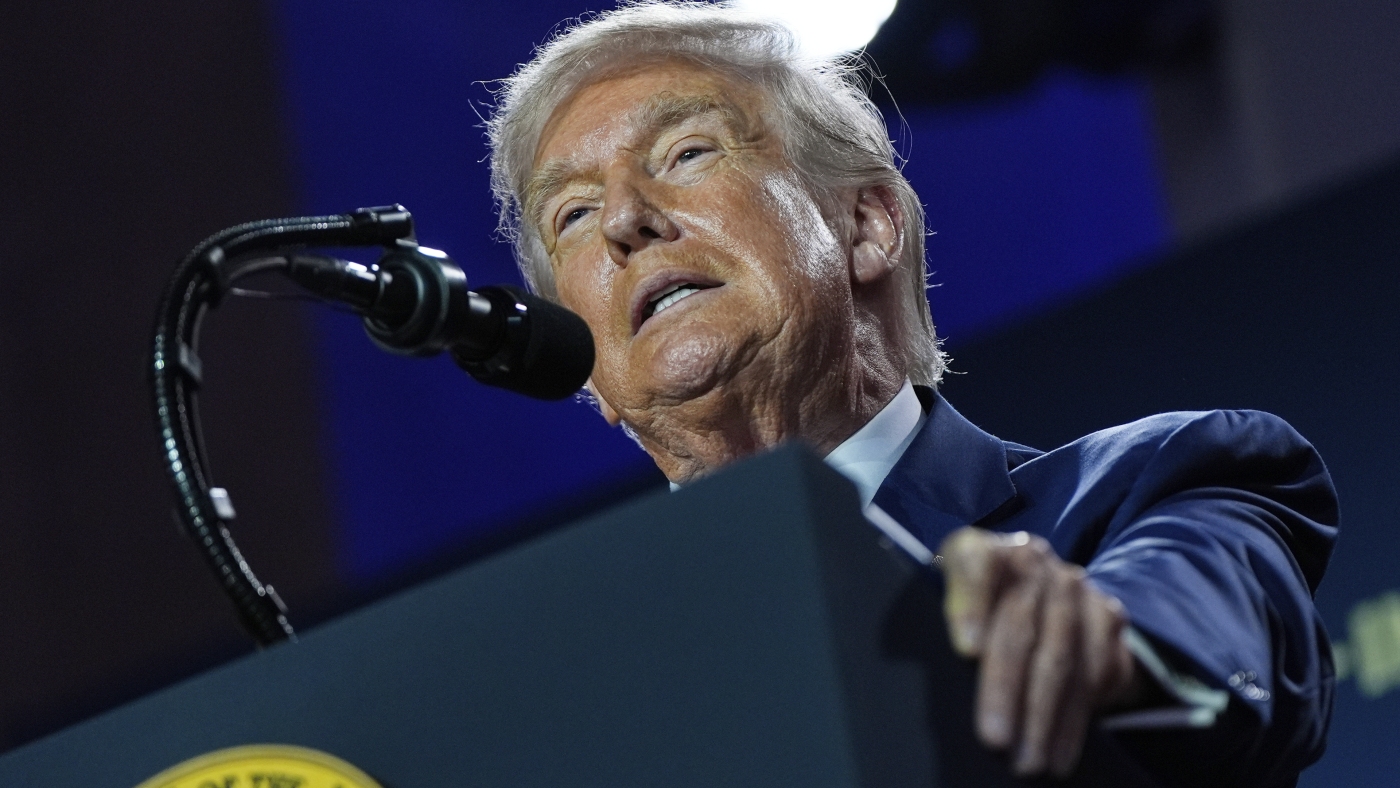9th Circuit Ruling on Birthright Citizenship
A recent decision by the 9th U.S. Circuit Court of Appeals has reaffirmed that President Donald Trump’s attempt to eliminate birthright citizenship is unconstitutional. This ruling follows a lower-court decision that blocked the order nationwide.
In this case, the 9th Circuit found that Trump’s initiative would deny citizenship to many children simply because their parents were in the U.S. illegally or temporarily. The majority opinion from the three-judge panel stated, “The Executive Order’s interpretation is unconstitutional.” This means that children born in the U.S., regardless of their parents’ legal status, retain their citizenship.
The ruling is significant because it is the first time an appeals court has addressed this issue. It reignites conversations around the Citizenship Clause of the 14th Amendment, which grants citizenship to anyone born in the U.S. and subject to its jurisdiction. Legal experts, like constitutional scholar Jack Balkin, argue that this ruling reinforces the foundational principle that citizenship is a right afforded to all born on U.S. soil.
The case was originally brought by several states, including Washington and Arizona, which argued that allowing different jurisdictions to interpret birthright citizenship in varying ways could lead to chaos. They believe a nationwide order is necessary to maintain uniformity.
Interestingly, the debate isn’t just legal; it also reflects broader public sentiment. Social media has seen heated discussions around the impacts of Trump’s order, with many people expressing concerns over its potential human rights implications. Surveys show that a majority of Americans support maintaining birthright citizenship, viewing it as a key part of what it means to be American.
Although the ruling keeps the block on Trump’s order, it heads to the Supreme Court, where outcomes can be unpredictable. The discussion around birthright citizenship isn’t just limited to one administration; it has historical roots. In a famous 1898 case, the Supreme Court upheld that a child born in the U.S. to Chinese immigrant parents was a citizen. This historical context reminds us that the issue of citizenship rights has long been contested in America.
In the end, the 9th Circuit’s decision is more than a legal victory; it’s a reflection of American values about inclusion and belonging. As the case moves forward, it will likely shape the future landscape of immigration and citizenship rights in the country. For further details on the implications of this ruling, refer to resources from the American Civil Liberties Union here.


